Situation in Gaza ‘clearly a war crime’, says Swiss ICC lawyer
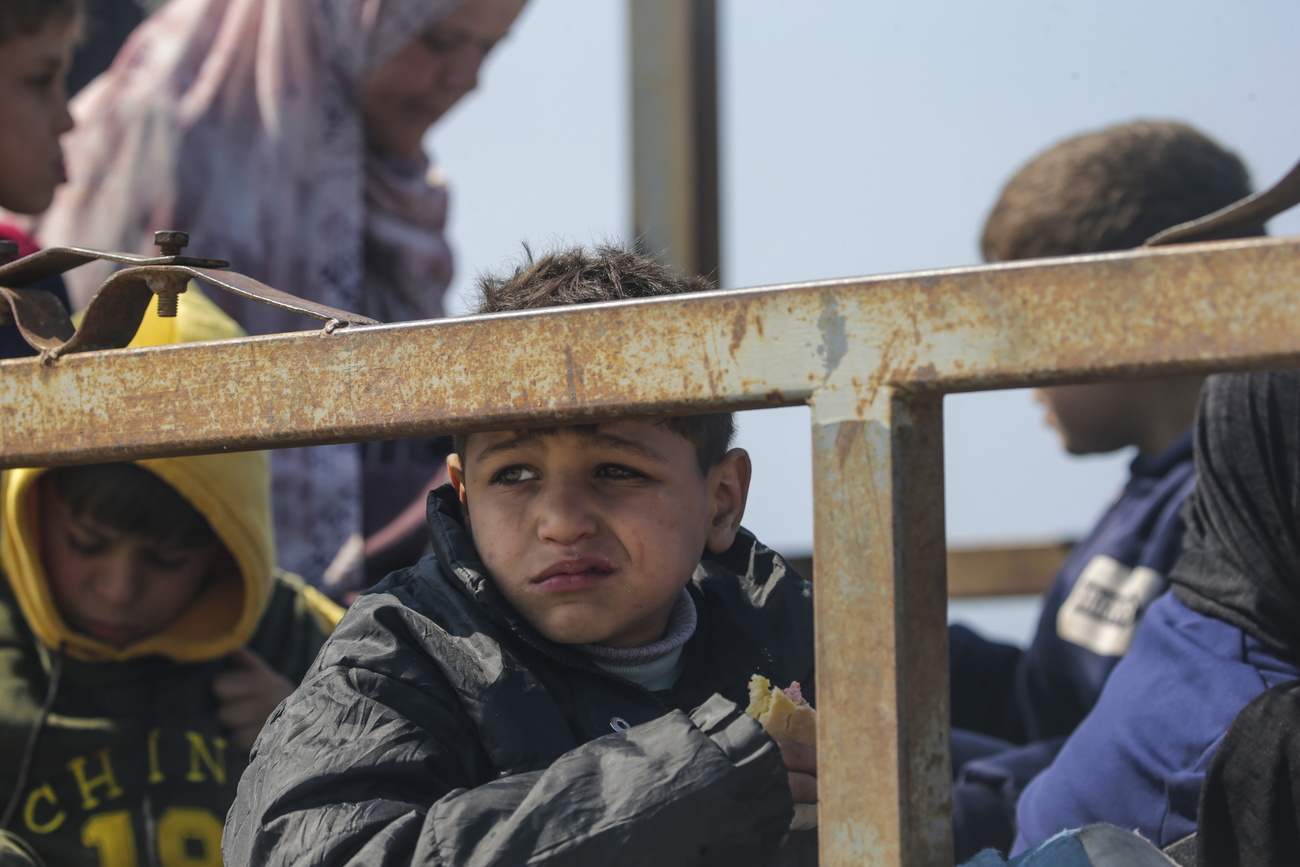
The humanitarian situation in the Gaza Strip clearly constitutes a war crime and even a crime against humanity, according to Philippe Currat, a lawyer from Geneva specialising in international law at the International Criminal Court (ICC).
In a first verdict in the case pitting South Africa against Israel for alleged genocide in Gaza, the International Court of Justice (ICJ) in The Hague has ordered Israel to take immediate steps to ensure that its army does not violate the Genocide Convention.
At the hearings, which resumed on January 26, the judges will rule on the merits of the case. Currat explains why this trial is so important for international justice.
SWI swissinfo.ch: The first hearings at the International Court of Justice (ICJ) into South Africa’s complaint against Israel have come to an end. The Court has ordered Israel to take all necessary measures to prevent genocide. Is Israel complying?
Philippe Currat: It’s difficult to say in detail. Israel will have to come back to the ICJ within the time limit set. But these preventive measures are absolutely essential and perfectly within the mandate of the International Court of Justice.
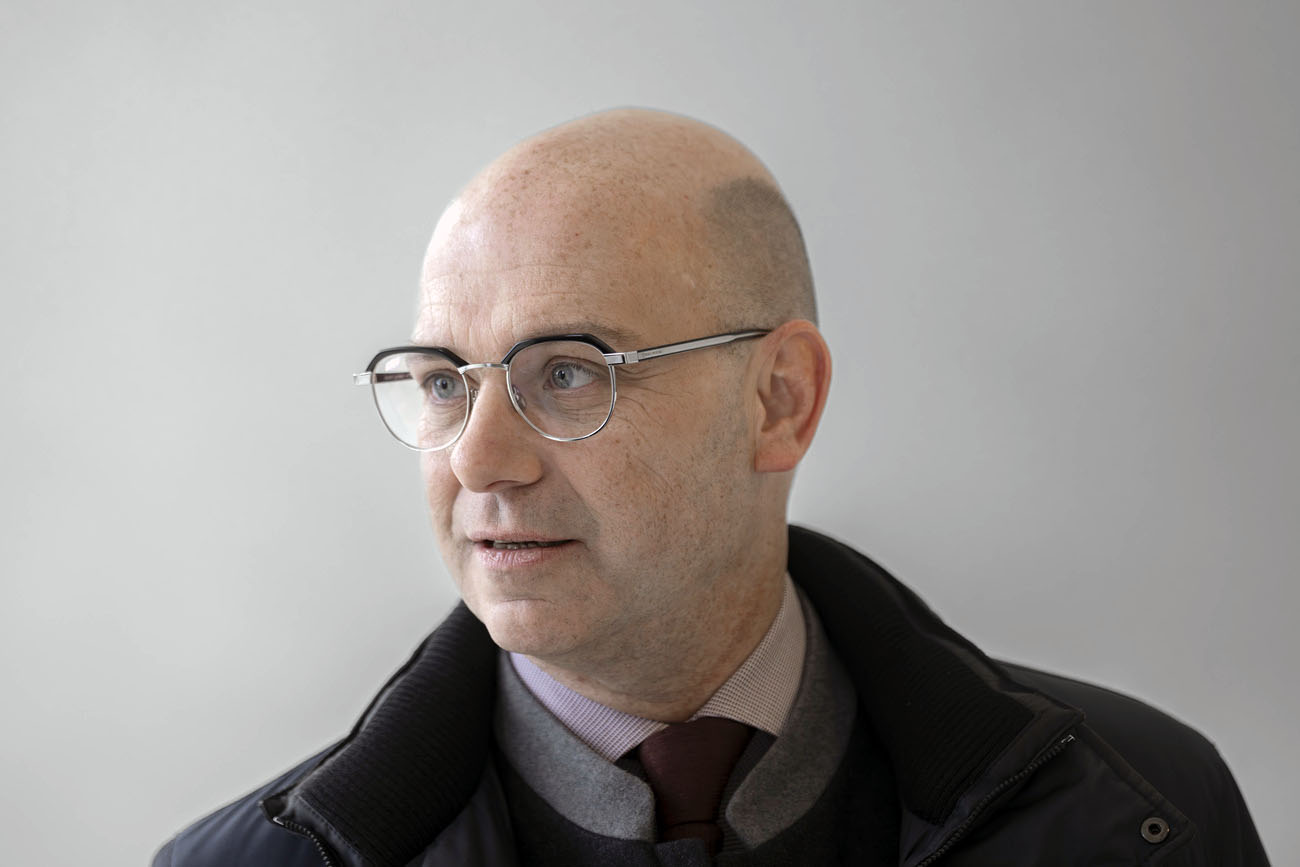
SWI: What will happen if Israel does not comply with the ICJ’s requests?
P.C.: The Court does not have the means to enforce these decisions by force, as it has no international police force at its disposal. However, the United Nations Security Council can take steps to require a state to comply with its obligations under a decision of the International Court of Justice. This raises the problem of the potential veto of certain members of the Security Council, in particular the United States, on issues affecting Israel.
Philippe Currat is a specialist in international criminal law. He wrote his doctoral thesis on “Crimes against humanity in the statutes of the International Criminal Court”.
In 2005 he was appointed by the foreign ministry as Senior Legal Adviser to the Prosecutor at the Special Court for Sierra Leone.
SWI: And overall, what is your assessment of the content of the ICJ order?
P.C.: This order is extremely interesting, firstly because it establishes the clear jurisdiction of the International Court of Justice over the question of monitoring the application of the United Nations Convention on the Prevention and Punishment of Genocide.
Israel would do well to comply very seriously with this order and with its obligations under these orders before the International Court of Justice. I note, however, that Israel was present, defended itself and presented its arguments. That in itself is a recognition of the legitimacy of the international judicial process before the ICJ.
SWI: Can South Africa’s complaint serve to open a dialogue between the two parties?
P.C.: Israel’s objective is the eradication of Hamas and Hamas’s objective is the destruction of Israel or at least its non-recognition. From that point on, the intervention of a third country such as South Africa on a judicial level, with legal arguments based on treaties that are binding on the parties, is an approach that could enable us to get out of the crisis and have a much more rational analysis of the situation. I think this is very positive.
SWI: Do you think there is a possibility that the Hamas massacres in Israel could also be judged by the Court? Why, for example, did no other member state of this convention lodge a complaint after the massacres of October 7?
P.C.: I think we need to distinguish between several things. Clearly, the attack on October 7 was a criminal attack. It mainly targeted civilian populations and as such is a war crime. The attack is probably also a crime against humanity because of the way it was planned, the number of victims and the modus operandi. Was it genocide? In my opinion, absolutely not. It does not have the dimensions of genocide.
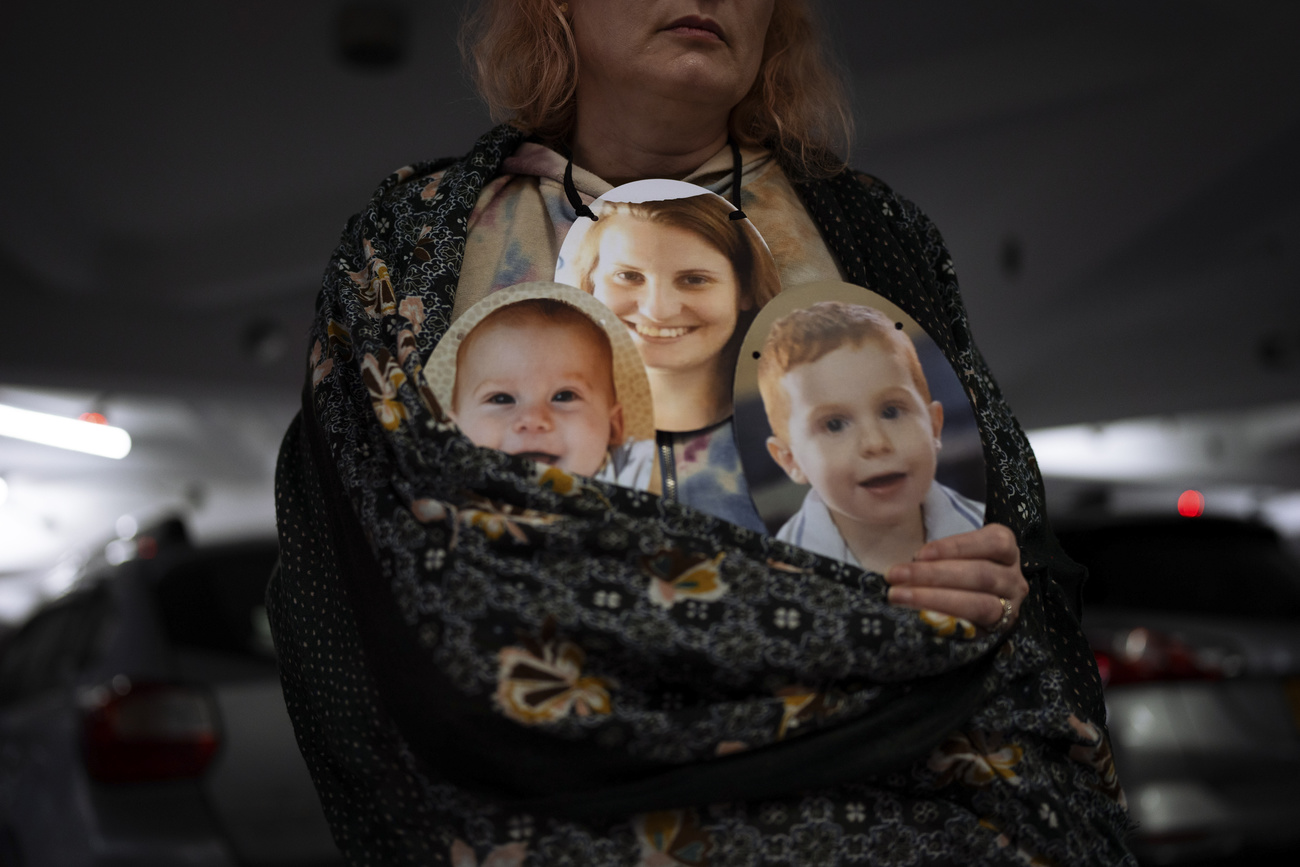
The situation has been under investigation by the International Criminal Court for several years, and the ICC has recently received new complaints. The case is therefore being dealt with under criminal law. Arrest warrants could be issued for all the parties involved, in particular the perpetrators of the October 7 attack, Hamas leaders and Israeli officials.
SWI: Because of the humanitarian situation in the Gaza Strip?
P.C.: The humanitarian situation in the Gaza Strip is clearly a war crime here too, because the civilian victims are clearly not just collateral casualties. The civilian population as such is being massively targeted; this massively disproportionate approach of attacks on civilians in an attempt to discourage the actions of Hezbollah in the north of the country on the Lebanese border and Hamas in the Gaza Strip is a relatively old doctrine of intervention by the Israeli army. Is this also a crime against humanity? In my opinion, without a doubt.
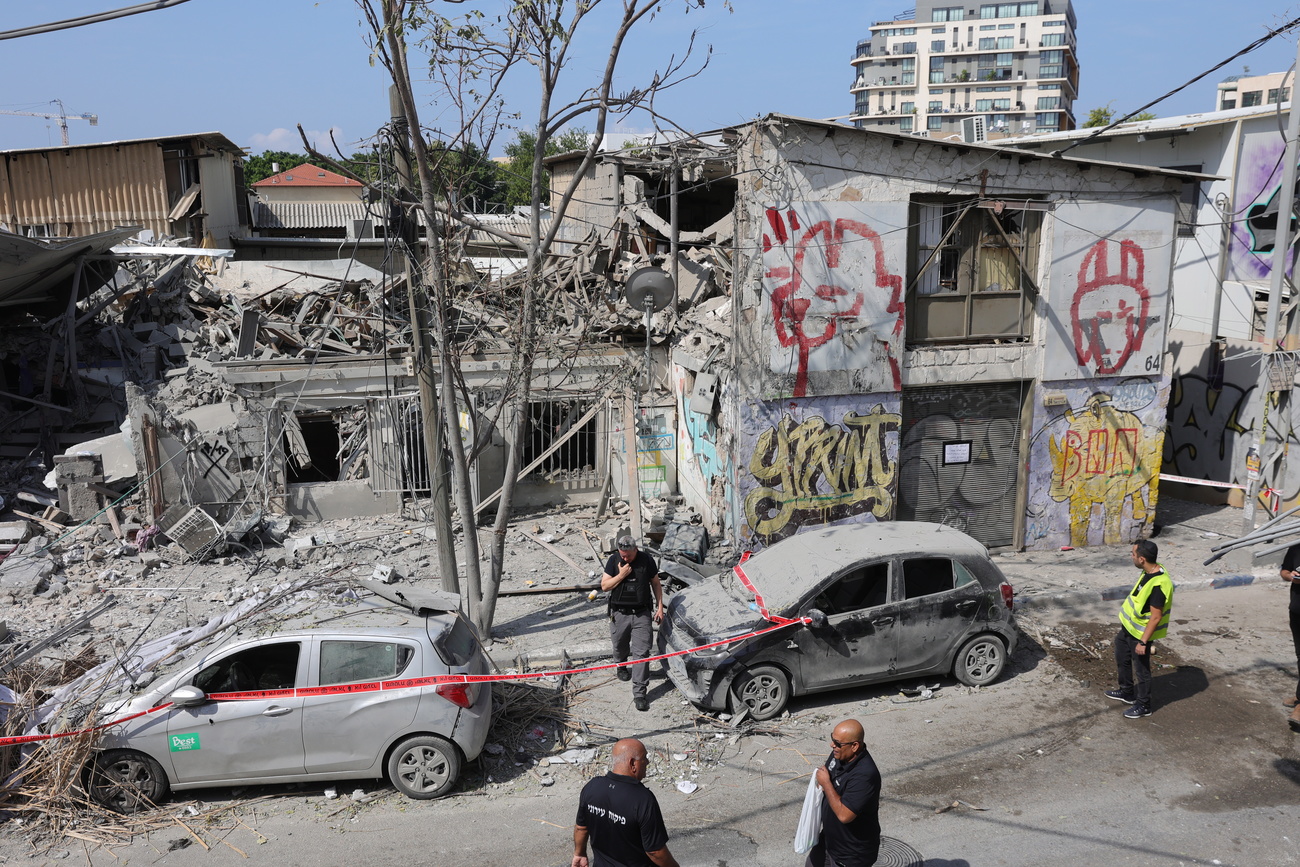
More
Middle East: “Clear evidence” of possible war crimes in Israel and Gaza
SWI: Is the ICJ also capable, like the ICC, of conducting its investigations and questioning witnesses on both sides, or can it only record the facts?
P.C.: The processes are very different. The International Court of Justice is not going to investigate on its own. It has neither the staff nor the skills to do so. It will simply hear the parties. South Africa, which submitted the case, will present to the Court the evidence it has gathered itself. For its part, the Israeli side will provide its own response. The other states can bring their own elements to help the Court understand the situation and decide.
This is not the case with the International Criminal Court. We have a system similar to the Anglo-Saxon one, with the prosecutor’s office, the defence and the victims.
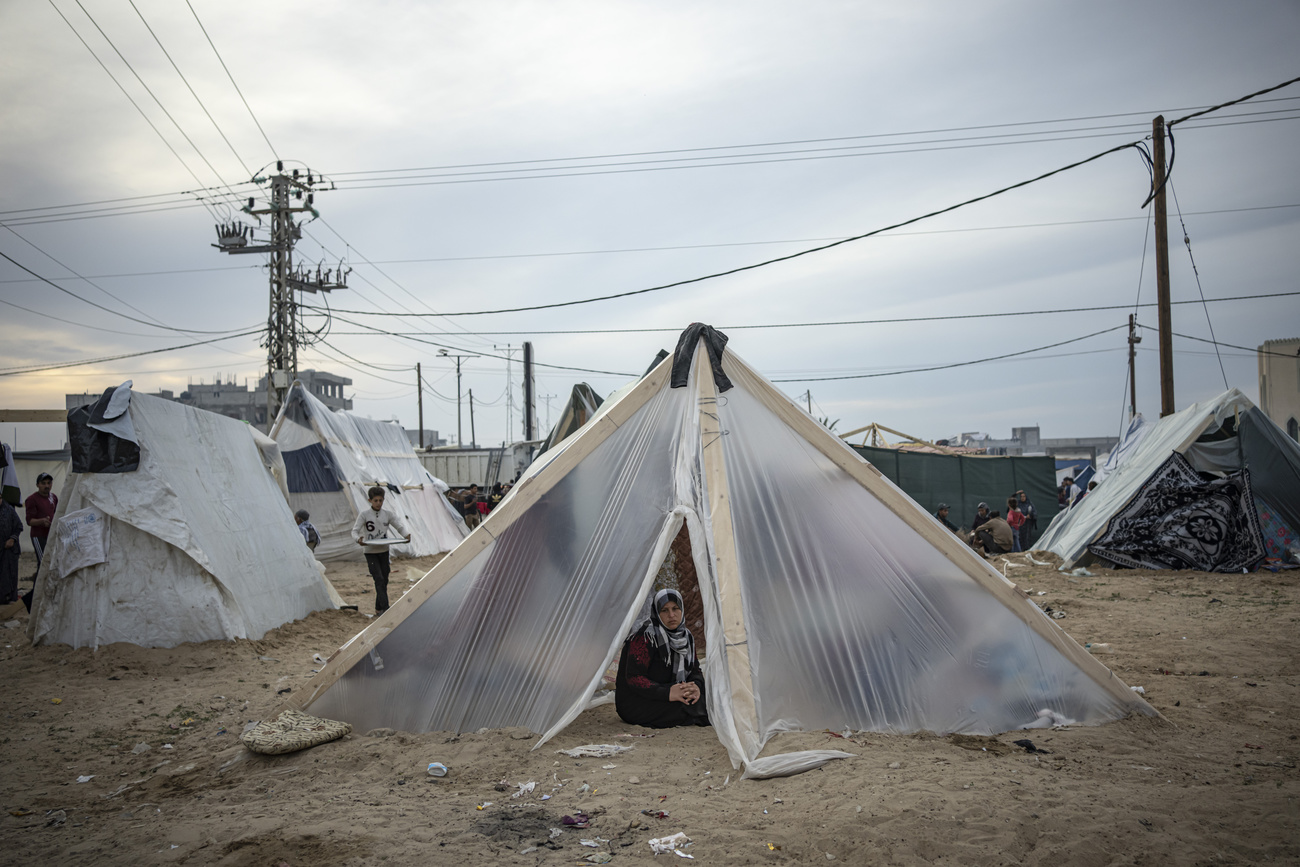
SWI: South Africa claims that Israel is limiting births in Gaza and deliberately starving the population. Israel stresses that South Africa is trying to mislead the Court and, at the request of Hamas, is seeking to exonerate murder charges and deny Israel the right to self-defence. What do you think?
P.C.: On the question of fertility, the crime of genocide is committed when there is an intention to destroy all or part of a national, ethnic, racial or religious group as such. This intention affects a number of crimes listed in Article 6 of the Rome Statute or in the Genocide Convention.
That concerns birth control or measures aimed at preventing births within a group. One of the other possible acts of genocide is subjecting the targeted populations to conditions of existence that will lead to the total or partial destruction of the group. And this is fundamentally what is at stake today in the situation in the Gaza Strip.
In other words, you have a Palestinian population locked behind impenetrable barriers, unable to flee to either side, either to Israel, which controls almost the entire fence, or to Egypt, which has closed its borders.
If the civilian population has no access to water, electricity, fuel, medicines and humanitarian aid – and this is one of the points insisted on by the International Court of Justice – then we are effectively creating untenable living conditions for the civilian population in Gaza. This could potentially constitute a case of genocide if these acts are intentional and well thought out.
Another point raised by your question is the question of self-defence. Self-defence is customarily accepted in international law. It is even recognised by the United Nations Charter as the exercise of a perfectly legitimate right. What does it mean? To repel, in a manner proportionate to the circumstances, an attack that is either current or imminent. It is perfectly legitimate for Israel to repel the attack on October 7, in other words to ensure that the attackers are stopped and possibly even eliminated.
What is not legitimate here, and what cannot be a form of self-defence, is the completely disproportionate scale of the response and the fact that it essentially targeted civilians.
SWI: Every time the word proportion is mentioned, Israel replies that the proportion in this logic would have been to kill 1,200 civilians in their homes, to disembowel pregnant women, to repeat what Hamas did on October 7.
P.C.: What does proportionality mean? Proportionality is assessed in the light of all the circumstances.
Just because an attacker disembowels a pregnant woman on one side does not mean that I have the right to disembowel a pregnant woman on the other. Is it proportionate to go into a house where hostages are being held to free them? Yes. Can you destroy an entire town and its entire population to do it? No.
Edited by Virginie Mangin. Translated from French by DeepL/ts
Do you want to read our weekly top stories? Subscribe here.

In compliance with the JTI standards
More: SWI swissinfo.ch certified by the Journalism Trust Initiative
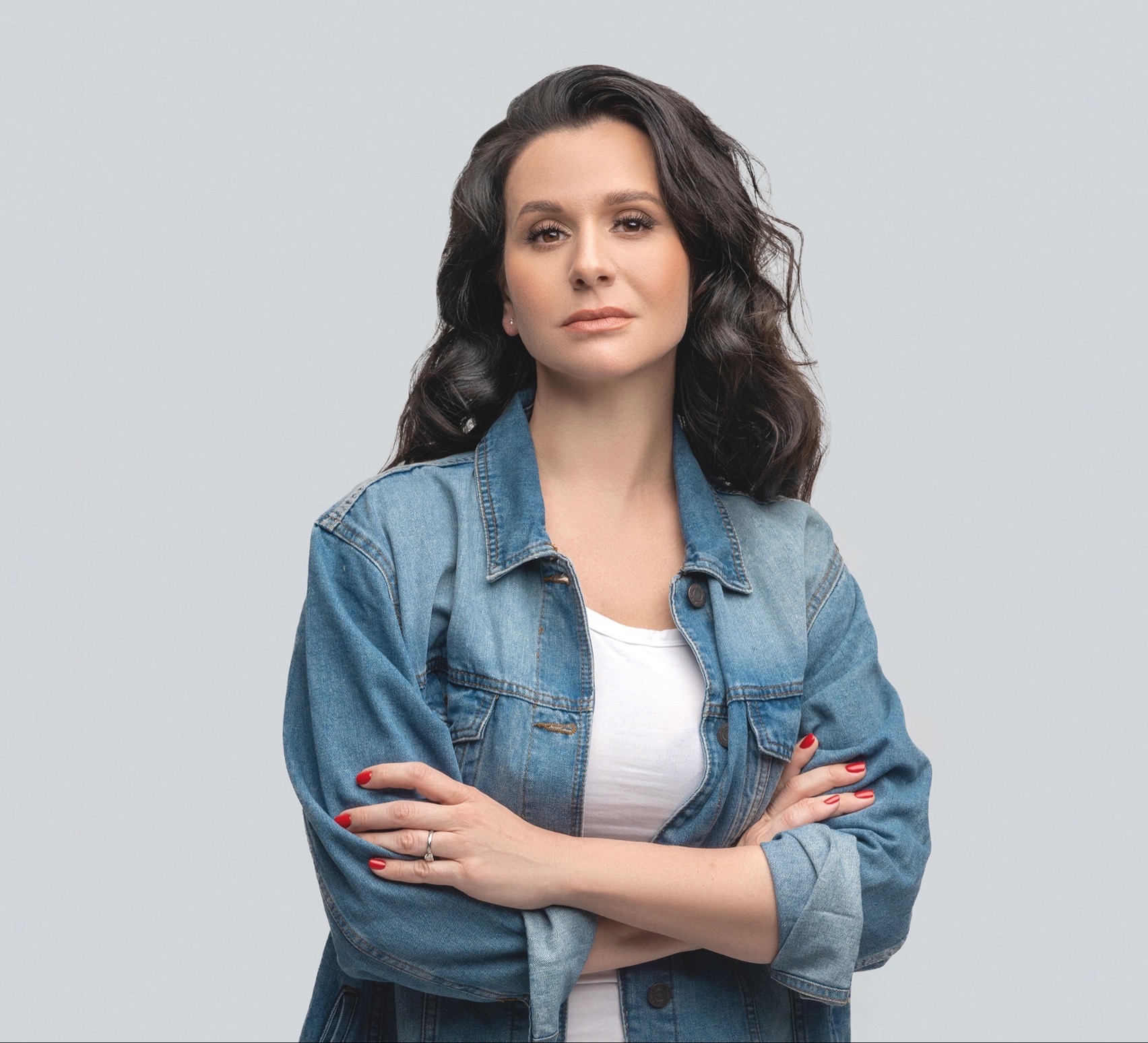








You can find an overview of ongoing debates with our journalists here . Please join us!
If you want to start a conversation about a topic raised in this article or want to report factual errors, email us at english@swissinfo.ch.